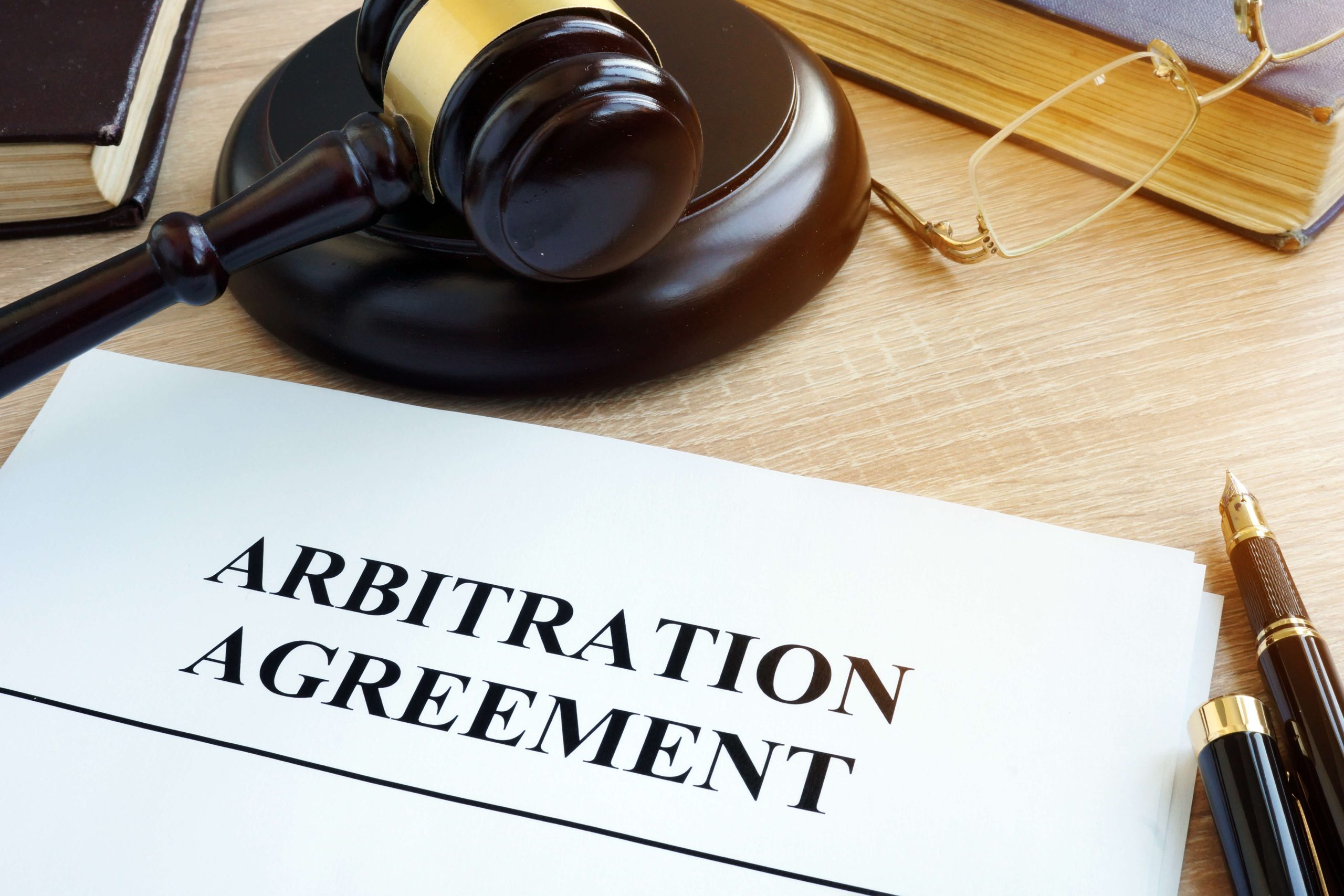Quick Hits
- The Second Circuit Court of Appeals ruled that disputes over arbitration fee payments are questions for the arbitral body, not federal courts, and that refusing to pay fees does not equate to a refusal to arbitrate under the FAA.
- The decision clarified the limits of judicial intervention in arbitration procedures, emphasizing that procedural matters, including fee allocation, fall within the jurisdiction of the arbitral body.
On September 2, 2025, a three-judge panel for the Second Circuit in Frazier v. X Corp. unanimously overturned a district court ruling compelling an employer to pay arbitration fees and continue arbitration over employment-related claims brought by a group of prior employees of Twitter, now known as X Corp.
The former employees had signed dispute resolution agreements (DRAs) mandating arbitration for employment-related disputes. However, after pursuing arbitration, a dispute emerged over which party was responsible for paying the arbitration fees. The company argued that the DRAs called for a pro-rata split, but the arbitral body insisted that its own rules required the company to pay the fees, halting the arbitration.
Instead of advancing the fees to continue the arbitration, the former employees sought to compel arbitration in federal court, arguing that the failure to pay the fees constituted a refusal to arbitrate in violation of the FAA. The district court found the DRAs are silent on who could resolve fee disputes prior to the appointment of an arbitrator, and the arbitral body’s rules, incorporated into the DRAs by reference, implicitly gave the federal court the ability to determine the allocation of fees. The court then ordered the company to pay the fees and compelled arbitration.
However, the Second Circuit panel reversed the district court’s decision, finding the FAA does not empower district courts to resolve procedural issues within arbitration proceedings. The court concluded that the issue of fee payment in ongoing arbitration is a procedural matter for the arbitrator or arbitral body to decide, not the court.
“[W]hether a party has failed to pay arbitration fees in an ongoing arbitral proceeding is a procedural issue entrusted to the arbitrator or arbitral body—not the court—for resolution within that proceeding,” the Second Circuit said. “Thus, once the parties are before their chosen arbitral body, refusal to pay ongoing fees alone is not a ‘failure, neglect, or refusal … to arbitrate’ that a district court is empowered to remedy under” the FAA (9 U.S.C. Section 4).
While the Second Circuit noted that it has not decided whether an arbitral body’s application of its own rules or its allocation of fees is “procedural” and outside the court’s purview, the court found it instructive that the issues of fees in the context of an ongoing arbitration is procedural.
“Where a court determines that (1) the parties have agreed to arbitrate, (2) the claims at issue fall within the scope of that agreement, and (3) none of the claims at issue are ‘nonarbitrable,’ the court’s analysis under 9 U.S.C. § 4 is at an end, and the FAA ‘mandates that district courts shall direct the parties to proceed to arbitration,’” the court said.
The appellate court further rejected the proposition that it must enforce the arbitral body’s determination on the fees issue. The Second Circuit said “[t]hat argument misunderstands the court’s role in an ongoing arbitral proceeding.” A “party’s decision not to abide by the procedural determinations of an arbitrator or arbitral body is ordinarily not a ‘failure, neglect, or refusal to arbitrate’ under [Section] 4—it is simply an intra-arbitration delinquency that arbitral bodies … are empowered to manage.” (Emphasis in the original.)
Next Steps
The Second Circuit decision has significant implications for arbitration agreements, recognizing limits on how federal courts can interfere with ongoing arbitration and agreed-upon arbitration procedures. Specifically, the decision reinforces the authority of arbitral bodies to make initial determinations regarding procedural matters, including fee allocation. At the same time, employers may want to review their arbitration agreements regarding the incorporation of arbitration providers’ rules to clarify which rules may or may not apply and regarding the payment of arbitration fees.
Ogletree Deakins’ Arbitration and Alternative Dispute Resolution Practice Group will continue to monitor developments and will provide updates on the Arbitration and Alternative Dispute Resolution blogs as additional information becomes available.
Follow and Subscribe
LinkedIn | Instagram | Webinars | Podcasts







